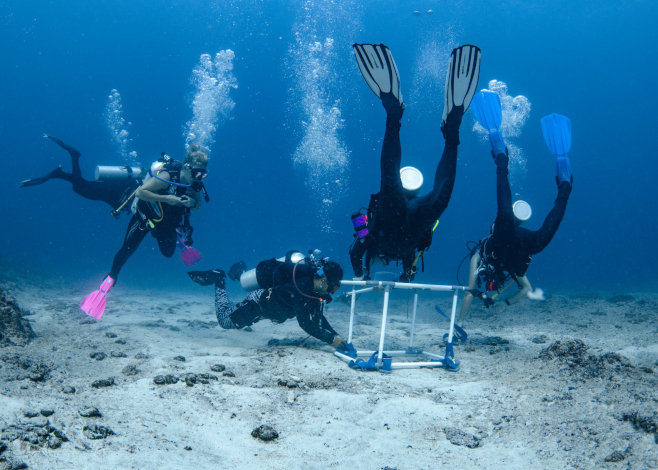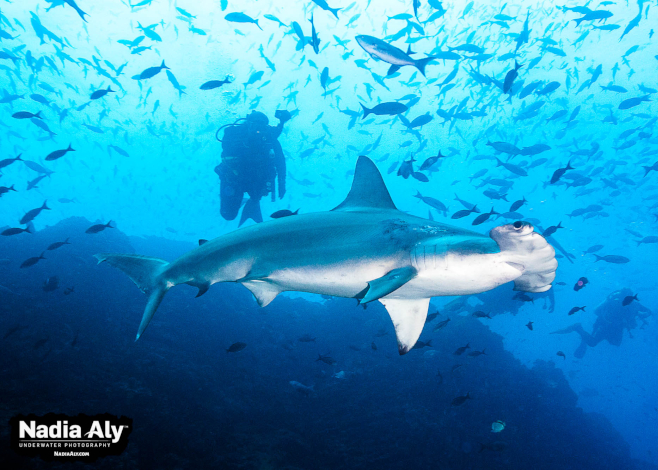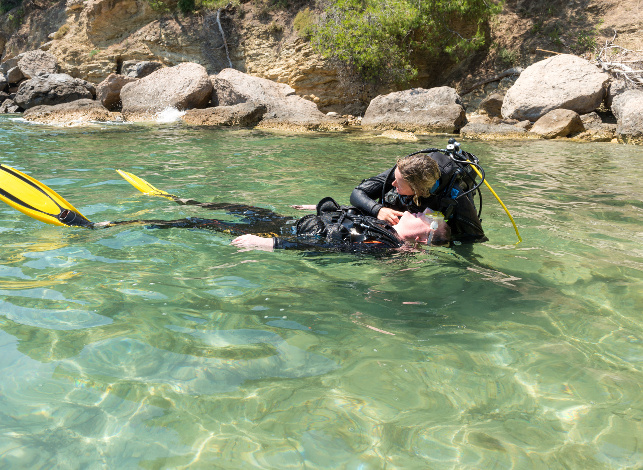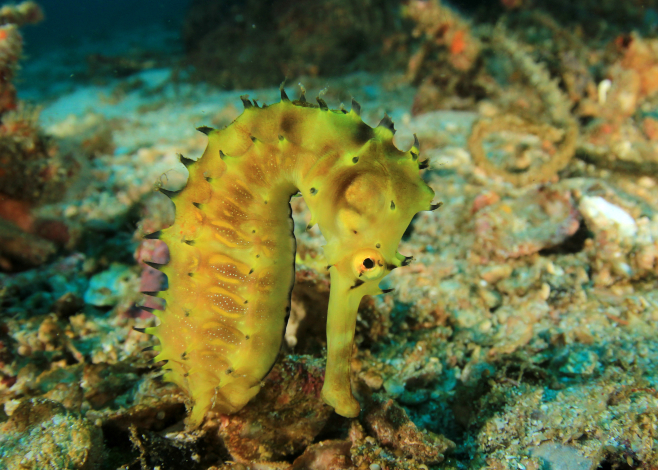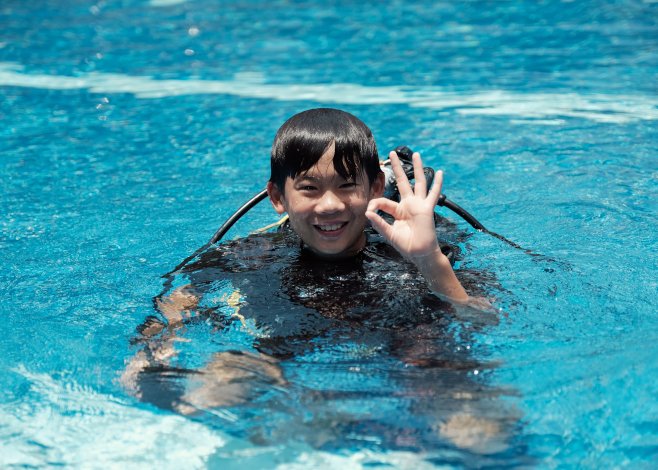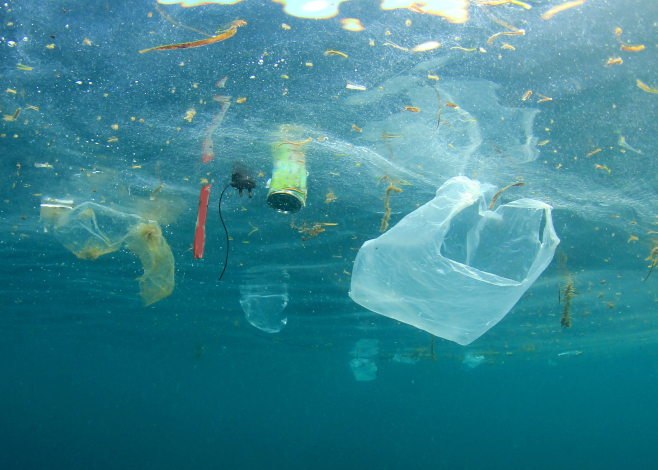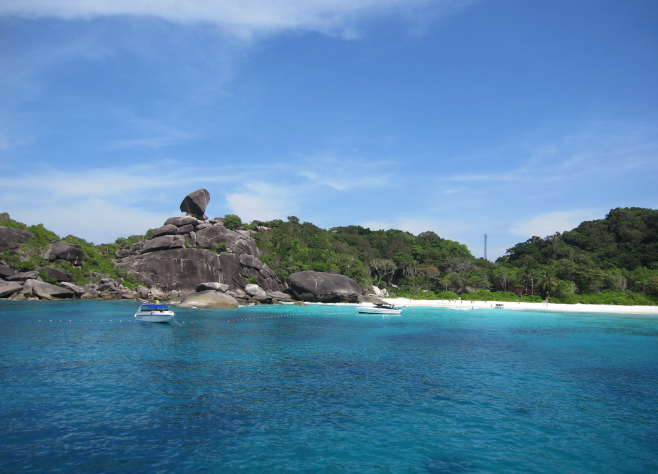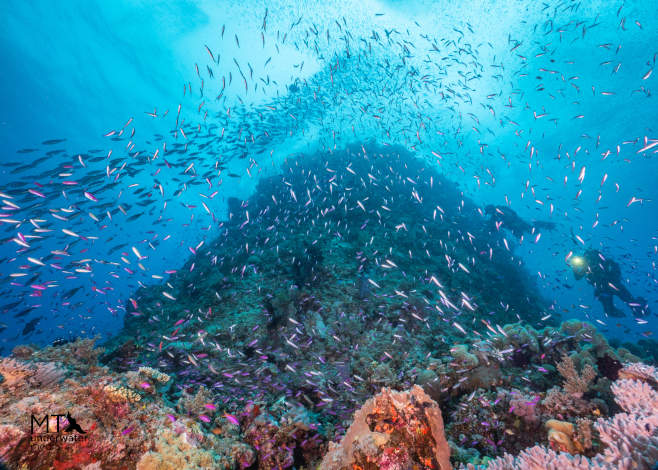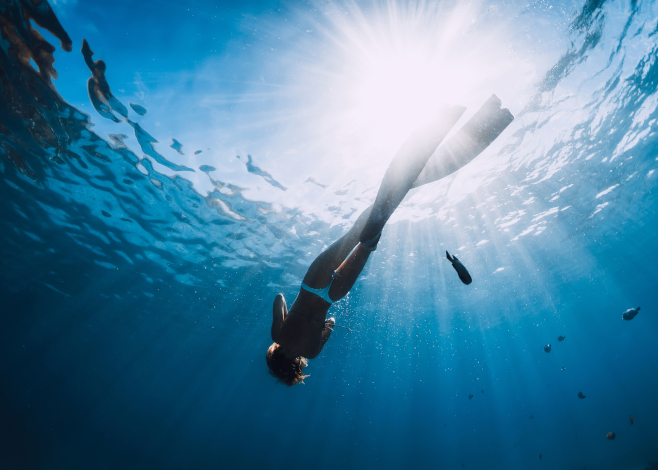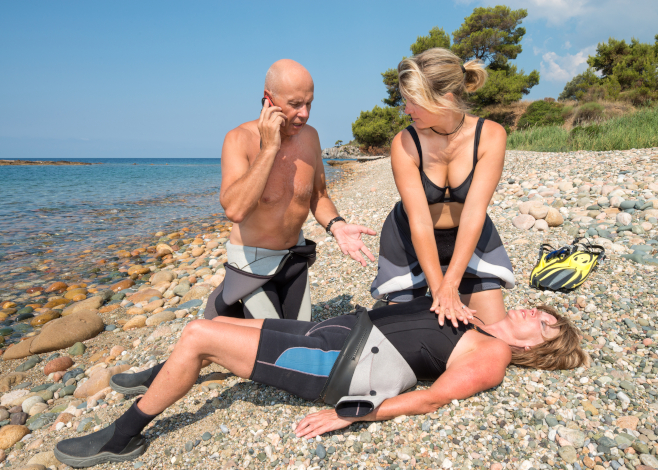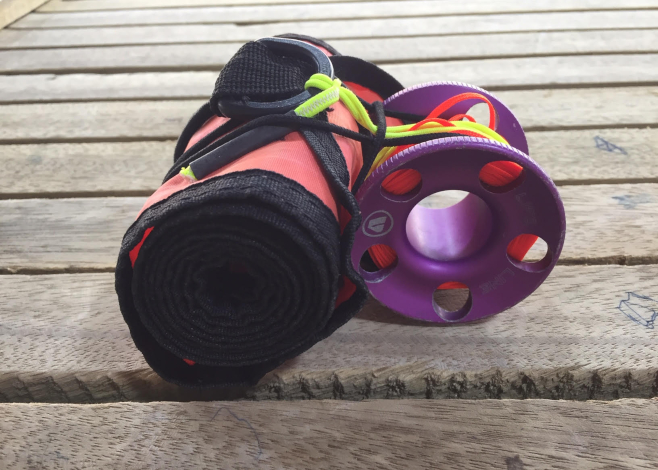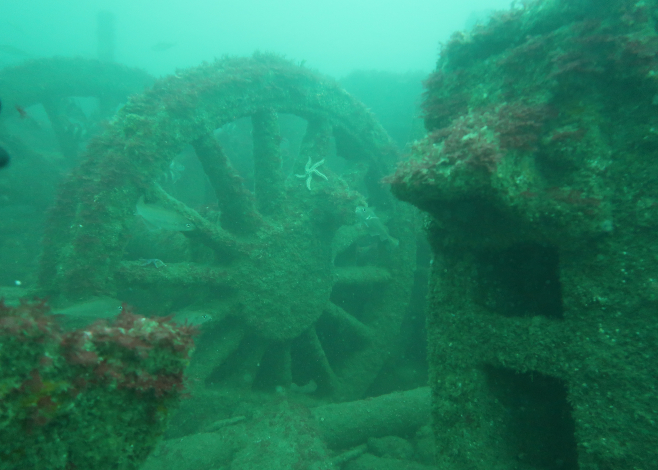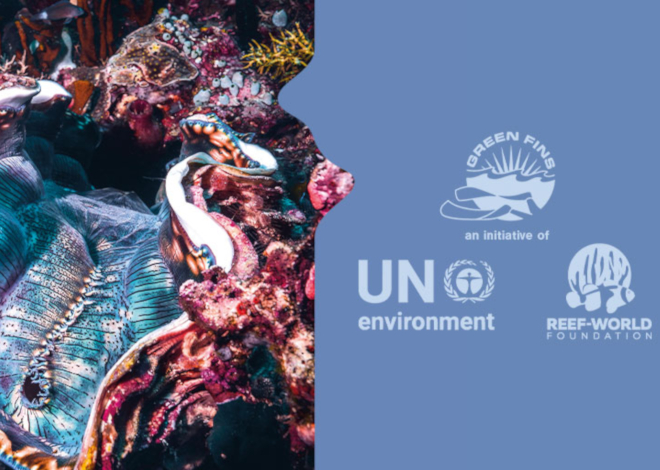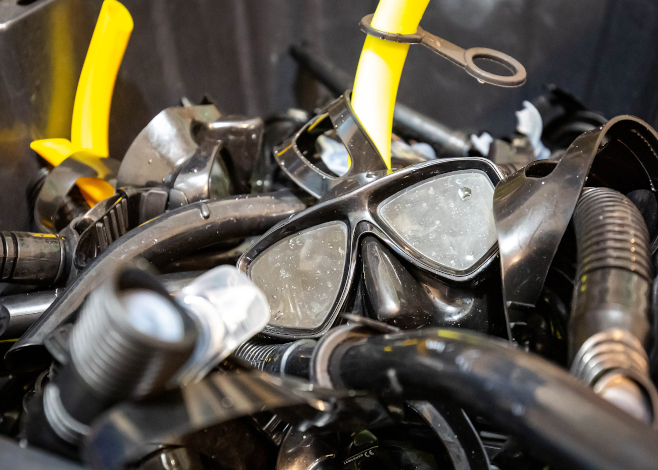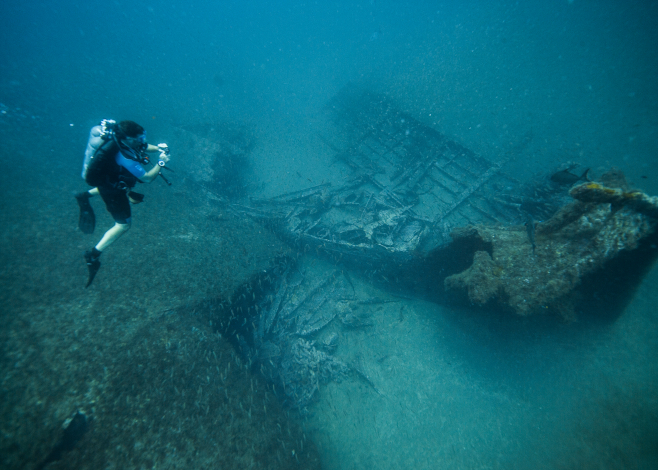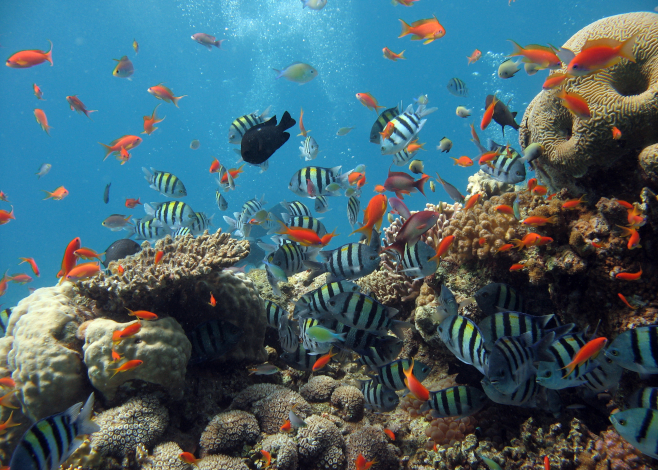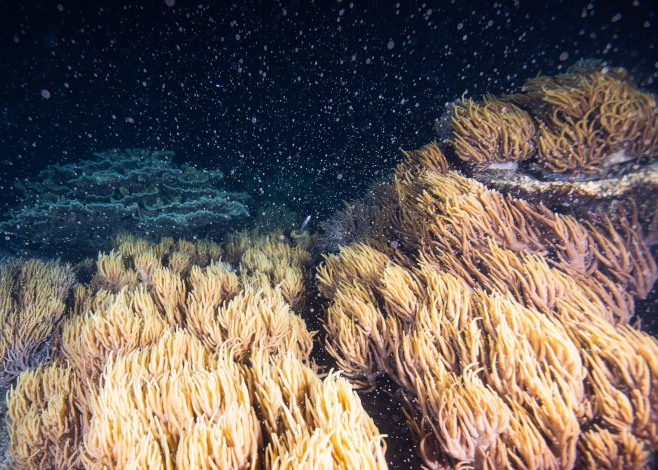If you’re an ocean lover and environmentalist, here are five places where you can help the ocean while traveling.
It’s got one of the (arguably) weirdest faces in the ocean, and the hammerhead shark is on nearly every diver’s bucket list.
The rescue diver course is a key step in a diver’s development. How will you know when you’re ready and how can you prepare?
Touching seahorses to manipulate them for pictures (and using a strong flash) is a big no-no, as it causes the animals much stress.
There’s not a lot of research on the effects of diving on children, so what do you need to know when it comes to getting your child certified?
Most divers have probably stuffed trash into their BCD pocket on a dive. Consider the Project AWARE Dive Against Debris specialty course for more info.
They’re a tropical paradise topside, but the scuba diving in the Similan Islands is the draw for thousands of visitors every year.
The Great Detached Reef is a little-known location on the Great Barrier Reef almost as far north as you can go. What’s it like?
Shallow water blackouts: what are they and how can you prevent them?
Three main factors account for most possible causes of scuba diving accidents: human error, equipment failure, and the environment.
Surface signaling devices are an essential piece of diving equipment. In what circumstances might you use one and what options are available?
The Saint Chamond cargo ship, also known as “The Train Wreck,” offers divers a unique opportunity to dive both a shipwreck and train wreckage.
Check out a few top spa resorts for divers that combine fantastic diving with wonderful onsite spas.
Paralenz raised $25,950,00 during the company’s Blue Friday campaign. The amount will be donated to marine conservation charity The Reef-World Foundation.
Acquiring gear can be incredibly costly, but buying used equipment for tech diving is a viable option if you’re well informed. Here’s what you need to know.
This year, Scuba Diver Life and NOAA are partnering to profile 12 different ships in the Graveyard of the Atlantic. This month we visit the W.E. Hutton.
Coral reefs are in trouble. But recently, a team of researchers found a new way to attract fish back to degraded reefs: the sound of healthy reefs.
The annual mass coral-spawning event on the Great Barrier Reef inspired new collaboration between tourism operators and scientists to help save the reef.


